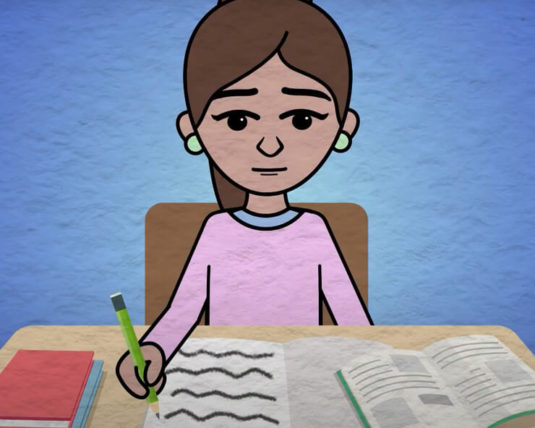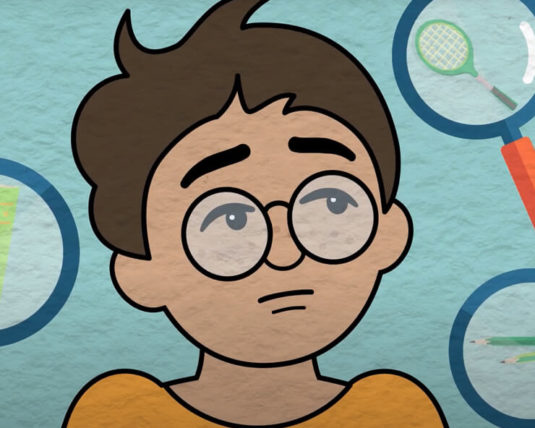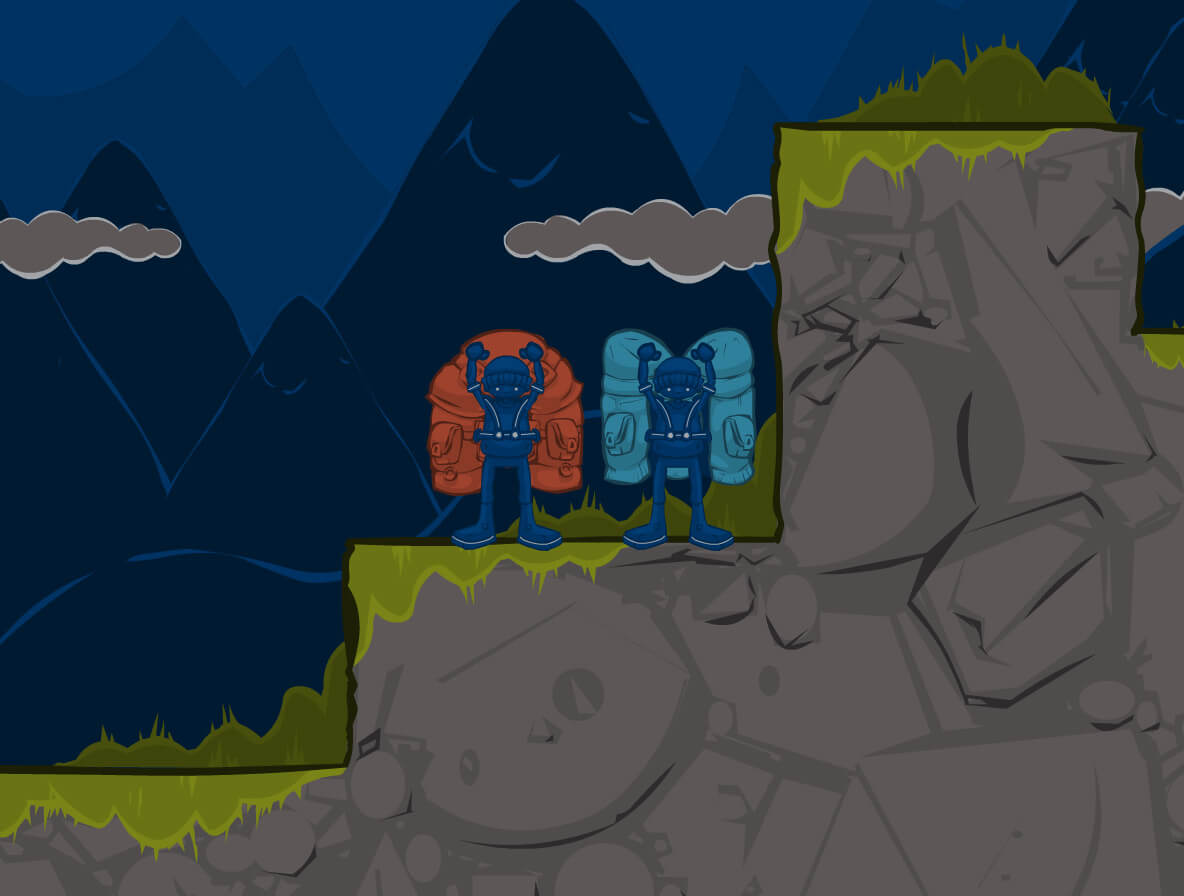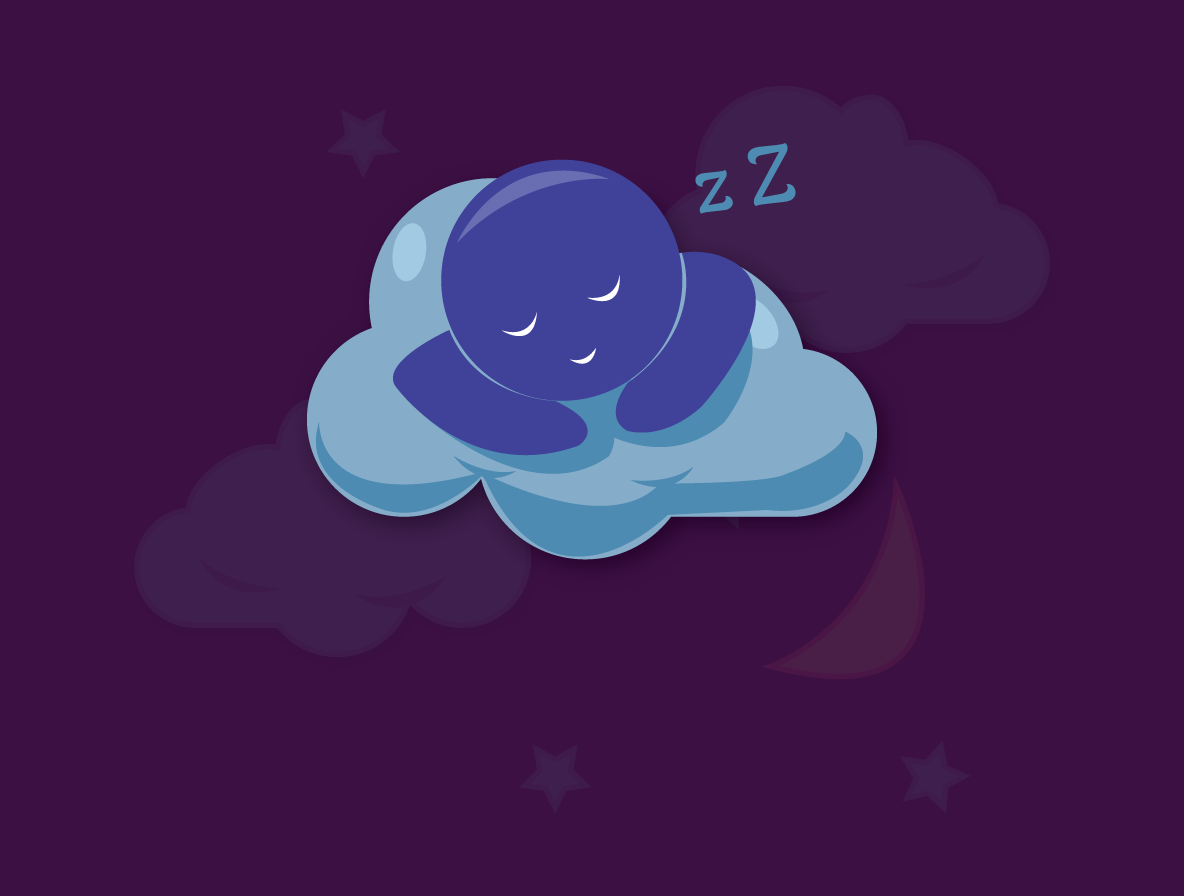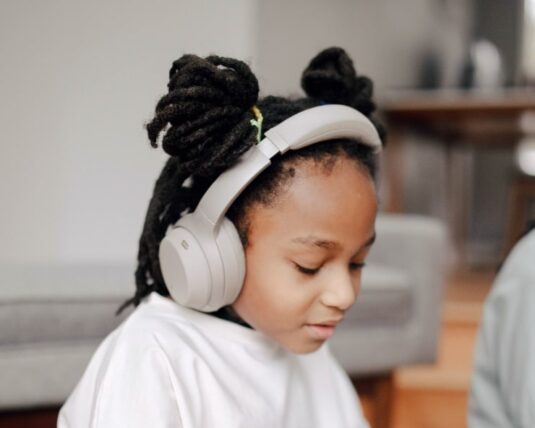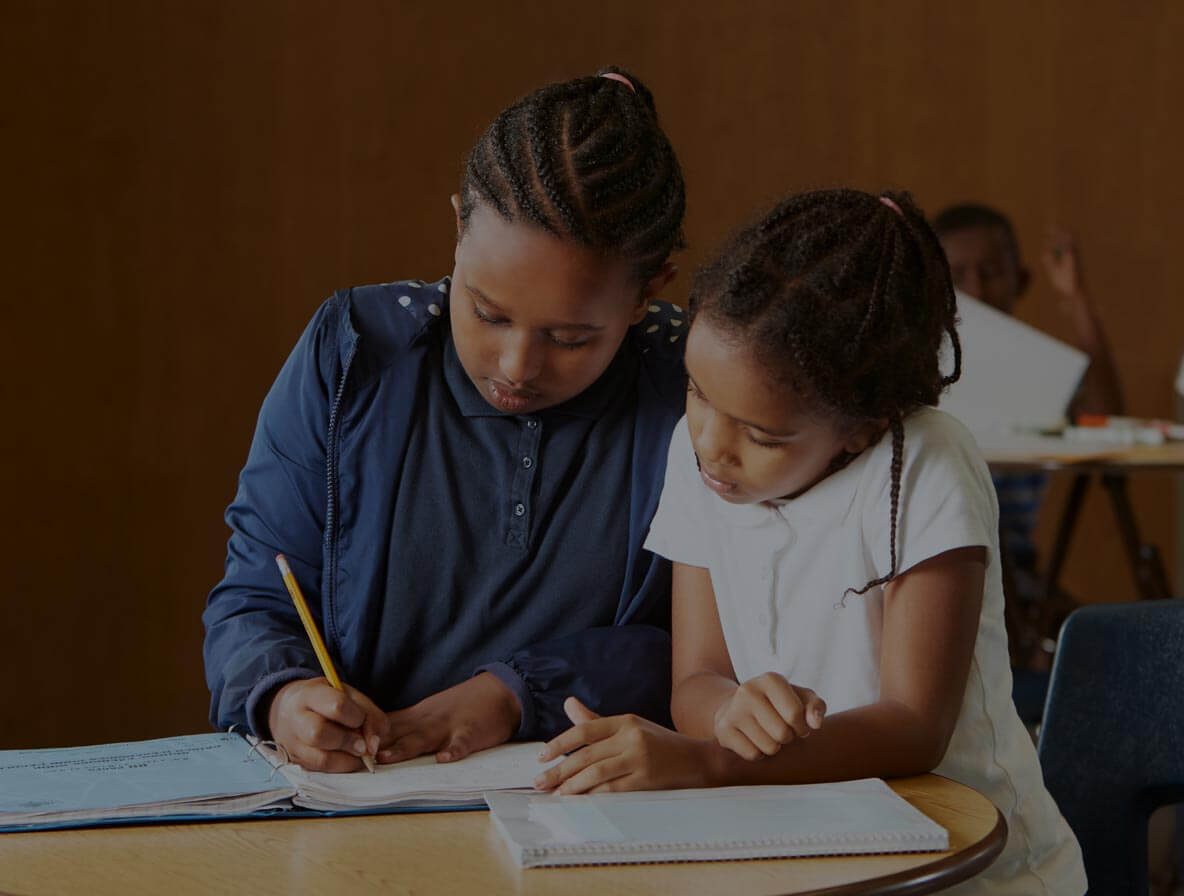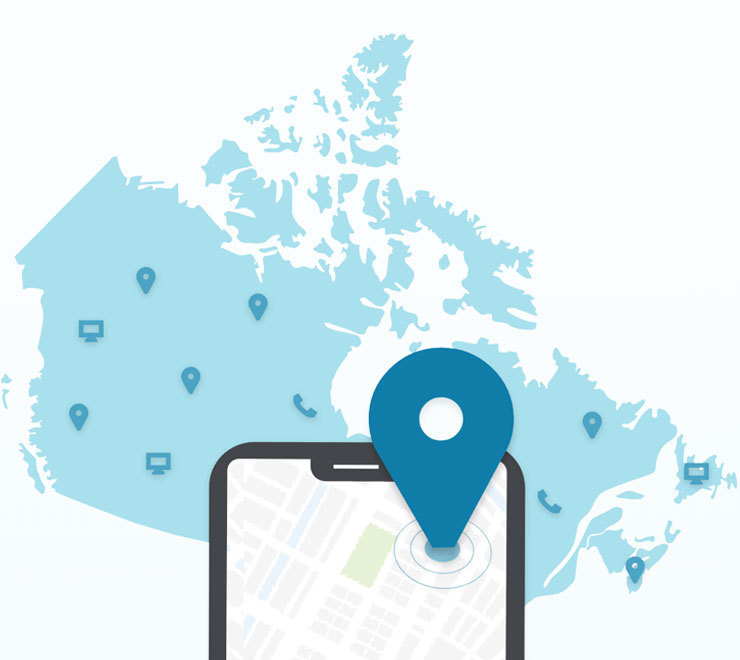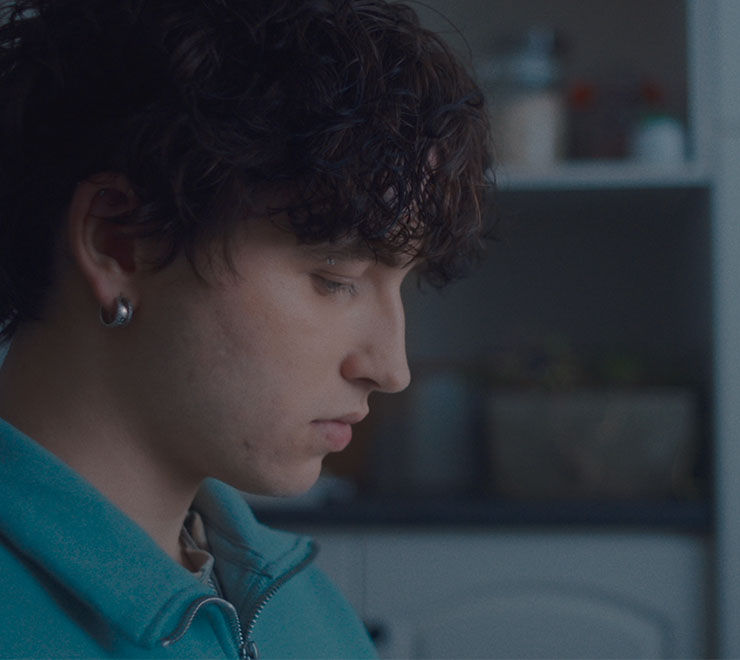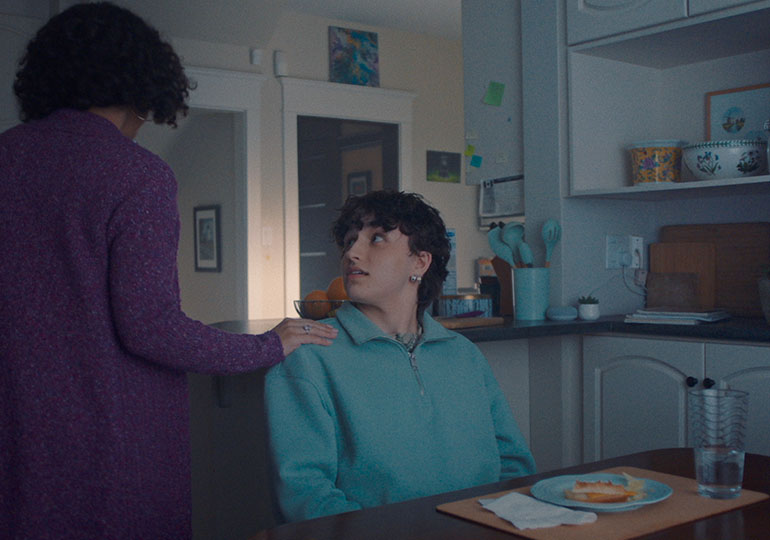Mental health is all about what we think, feel and do. And your mental health is unique to you! You can take care of your mental health, just like how you take care of your body. You can learn about it in a way that works for you. That can even mean having fun! On this page, Kids Help Phone shares mental health activities for kids ages 5–12. We hope you enjoy them and learn something new along the way!
Watch videos
You can tap on the images below to watch videos about mental health and well-being.
You can also press play on the video below to watch it now!
How to feel feelings.
Feelings are something we all experience. Sadness, happiness, fear, hope, anger, peace. These are just a few examples of the thousands of different feelings we might experience over our lifetime.
As humans, we spend most of our time thinking about or talking about our feelings, instead of feeling them. Our feelings are on our minds a lot, but having feelings and actually feeling them are two different things.
So what are feelings and why is feeling your feelings important?
Feelings are actually messages that your body and mind are sending you about how you are emotionally experiencing something. That means that feelings are actually never right or wrong or good or bad. They are just a reflection of the sensations that are happening in the moment.
Sometimes we may have lots of different sensations or feelings at the same time. We may often ignore or try to get rid of feelings we don’t like. We may also cling too hard or chase the feelings that make us feel good. Both of these approaches can affect our ability to see things clearly. And what you do with feelings can have an impact on other areas of your life.
Trying to pretend that feelings aren’t there, or to distract yourself, doesn’t make them go away. They’re already here. Instead of trying to get rid of your feelings, it may be helpful to identify and care for your feelings. Just like a text, you have options for what you’d like to do with it when you get the notification. You can read it. Not read it. Respond. Not respond. You can also wait until you have better reception. What’s important is to recognize that a text came in and make a decision.
Like a text, we don’t need to react to every feeling right away. Maybe you’re doing something really important. Or maybe you don’t have the energy to deal with it in this moment, but do consider coming back to it later.
It can be easier to let them go once the feelings have said what they needed to.
Feelings are things that can tell you that something matters to you. What we value can make us feel vulnerable. If we become numb to our feelings, it can dull all of our experiences. The uncomfortable ones and the incredible ones. When we allow ourselves to feel blue in sad moments, we also allow ourselves to feel true joy in happy moments.
Ignoring or pushing away our feelings can lead to coping strategies that may be harmful to ourselves or others, like taking feelings out on others, avoiding those around you, disordered eating and substance use. Constantly trying to break away from feelings can be exhausting. It may be helpful to experience temporary discomfort from our feelings than to develop long-term unhelpful habits.
Remember, feeling your feelings takes practice, but with time effort and a little patience, caring for our feelings and working with them will become easier.
Play games
You can tap on the images below to play games that may help you learn about your well-being.
You can keep scrolling for even more mental health activities for kids!
Try tools
You can tap on the images below for tools that may help you cope with something you’re going through.
Read info
You can tap on the images below to read articles that may help you learn more about wellness.
Find help
You can tap on the images below to get more info about Kids Help Phone’s e-mental health services. They’re free and private for anyone across Canada.
Learn more
You can tap on the links below to find info and tools from other trusted organizations in Canada.
- Kids Guide to Separation & Divorce (Families Change)
- Alice: Getting Unstuck – English (mindyourmind)
- Fight Flight Freeze – A Guide for Kids (EN/FR) (Anxiety Canada)
- Caretoons (Anxiety Canada)
- Health Games & Videos For Kids (AboutKidsHealth)
We hope you enjoy these mental health activities for kids! If you’d like more resources or support at any time, you can check out Kids Help Phone’s e-mental health services.
Parents / caregivers, educators and other caring adults across Canada who are searching for more supports to take care of the kids in their lives can visit Kids Help Phone’s additional resources.



